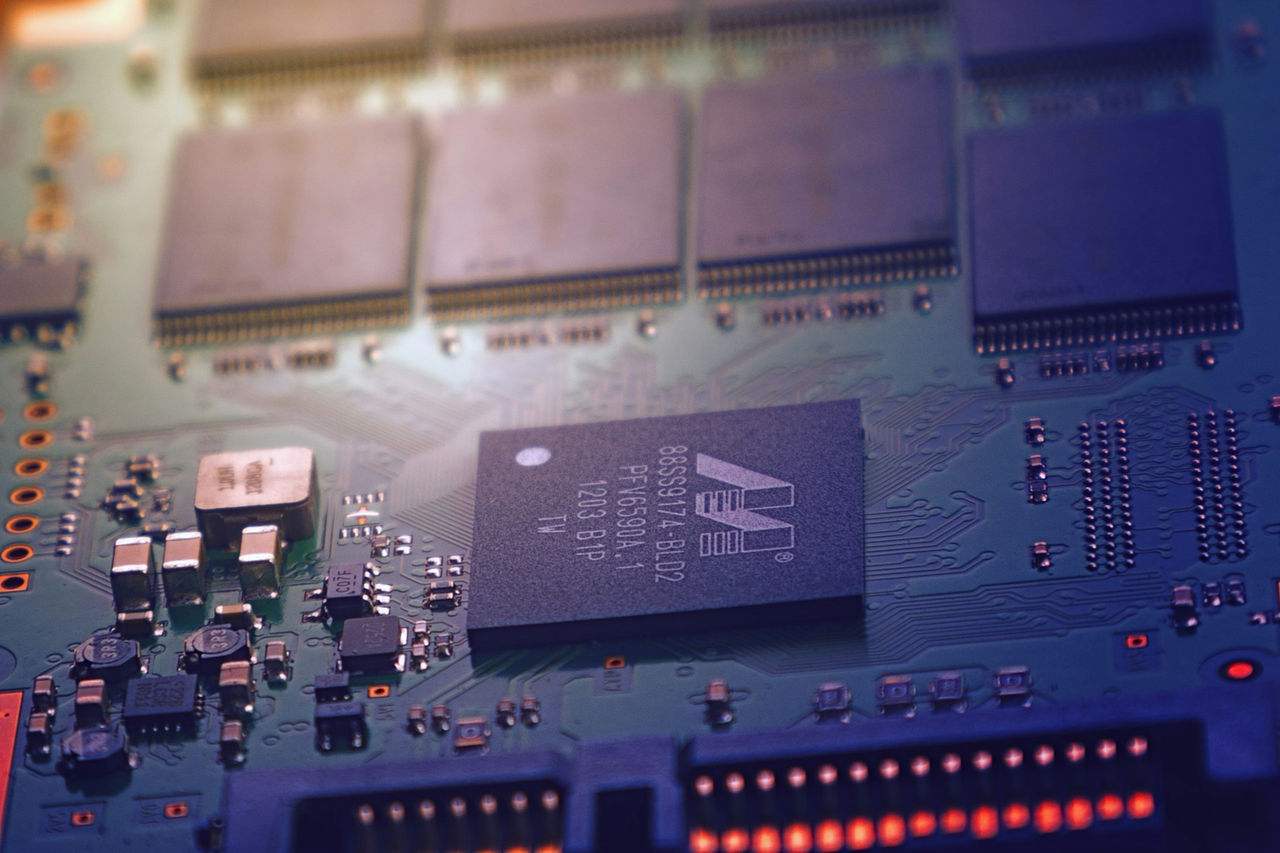Shinephi and Qilimanjaro, in the field of semiconductors and quantum computing; Kreios Space, in space and telecommunications; and VirTest and Health Tech, in the field of medical technologies, have received investment from the FITA Fund, promoted by the Generalitat de Catalunya, the Institut Català de Finances (ICF), and the European Investment Fund (EIF)

The FITA Fund, managed by Grow Venture Partners and driven by the Generalitat de Catalunya, the Institut Català de Finances (ICF), and the European Investment Fund (EIF), has announced its first five investments in key sectors for the future of Catalunya’s economy and European technological sovereignty, together with a group of private investors. The technology of these companies arises from the work carried out in universities and research centres.
This demonstrates a reality already known: that Catalunya occupies a position of scientific leadership at a global level, and that this science can be transformed into technology and companies capable of generating wealth and employment, while at the same time taking a step forward toward the continent’s technological and strategic autonomy. These are companies operating in three key sectors: chip manufacturing and quantum computing; space and communications; and the medtech sector, with a direct impact on people’s quality of life.
Investments generating strong impact
Together, the five investments by the FITA Fund have involved a total commitment exceeding €4 million. Thanks to these operations, nearly €25 million in joint investment has been mobilised among the different participating companies. This financial effort not only strengthens the growth and consolidation of innovative projects in strategic sectors for Catalunya and Europe, but also promotes the creation of qualified employment. It is estimated that, as a direct result of these investments, more than 100 new jobs have been generated, contributing significantly to economic and technological development.
In the field of semiconductors and quantum computing, investment has been made in Shinephi and Qilimanjaro:
Shinephi is a spin‑off of the Institut de Ciències Fotòniques (ICFO) that has developed a disruptive optical technology based on interferometric phase imaging (LIM), which improves resolution and speed in the analysis of materials and biological samples. Its system exceeds current techniques by more than 100‑fold in sensitivity and performance.
This technology attracts great interest in everything related to quality control in the semiconductor industry.
Qilimanjaro is a spin‑off of the Institut de Física d’Altes Energies (IFAE), the Barcelona Supercomputing Center (BSC), and the University of Barcelona (UB) that drives the new generation of full‑stack quantum computers based on superconducting qubits. A world leader in analog quantum computing, Qilimanjaro paves the way toward quantum advantage with a unique hybrid approach. Its quantum data centre will host up to 15 computers, offering companies an environment to test algorithms, develop use cases, and prepare for the error‑tolerant era. The first applications focus on logistics, health, finance, energy, and petrochemicals.
In the domain of space and telecommunications, the investment has been made in the satellite company Kreios Space.
Kreios Space, a company born at the UPC, has developed a unique technology for satellite engines called ABEP, from the English Air‑Breathing Electric Propulsion. In these engines, the electrical energy generated by solar panels is used to accelerate the air present in the upper layers of the atmosphere and thus propel the satellite. In this way, very low Earth orbits (VLEO), currently unreachable, become accessible to satellites. These orbits allow tripling image resolution and enable direct connectivity of communications with the device, making them a competitive alternative to terrestrial communication networks.
In the field of medical technologies that improve our quality of life, VirTest and Health Tech are active.
VirTest is a spin‑off of the Universitat Pompeu Fabra that develops digital twins for structural heart surgery planning. It has created software that allows personalised planning of cardiac interventions. In a first phase, it has validated its fluid mechanics simulation technology in 250 left atrial appendage occlusion (LAAO) operations and is currently working to extend its application to other cardiac interventions, as well as to anticoagulant dosing.
HealthTech Innovations (HTI), a spin‑off of the Institut Germans Trias i Pujol (IGTP), aims to transform safety and efficiency in surgical care. The company focuses on improving hospital operations and humanising treatment through high‑technology solutions. Its main product is MEDVISION PRO, the first module of a multifunctional platform designed for the surgical area. MEDVISION PRO is a surgical instrument counter that uses Artificial Intelligence (AI) and Computer Vision to automate and make safer the processes in the RUMEDs (Medical Instrument Reprocessing Rooms). This system not only guarantees traceability and recognition of each piece, but also provides hospitals with a SaaS portal offering valuable analytical and performance information. HTI will announce soon the commercial launch of MEDVISION PRO, as the first component of its multifunctional platform for the surgical area.
A vital necessity for Europe
For Europe to compete in a global environment defined by technological disruption, it is essential to reinforce both productivity and strategic autonomy. The latter is understood as the capacity to develop, implement, and scale proprietary solutions in key sectors, without depending on third‑party countries. Along these lines, the FITA Fund is firmly committed to three essential pillars: DeepTech (space, AI, new computing…), Sustainability (energy, materials, bioplastics or water…), and MedTech. This strategy contributes to reducing external vulnerabilities, promoting qualified employment, strengthening industrial resilience, and ensuring technological sovereignty in areas such as health, energy, or advanced computing.
